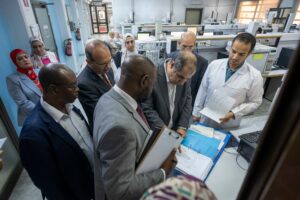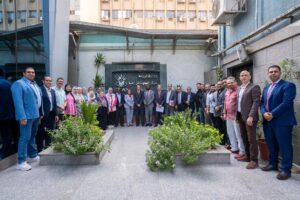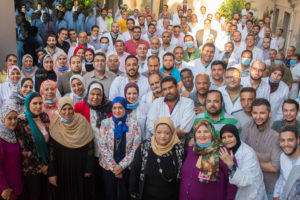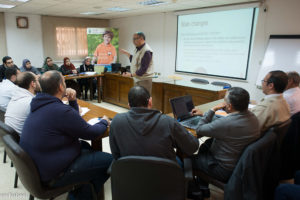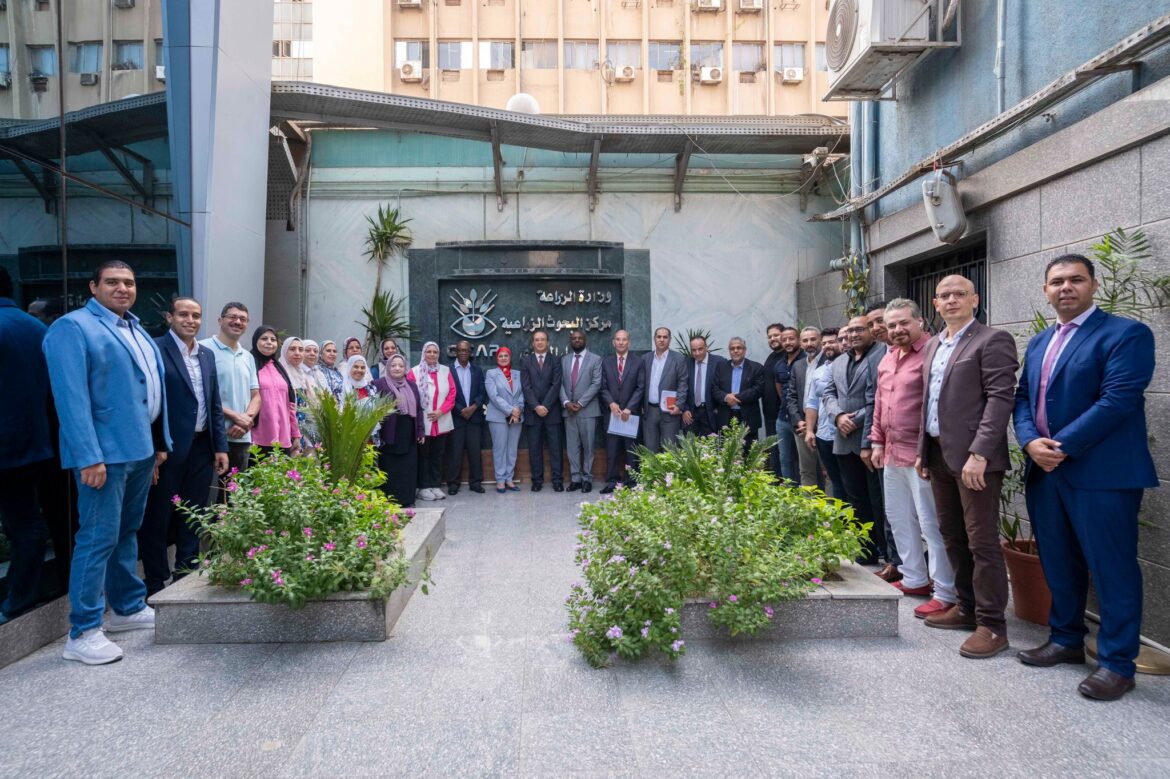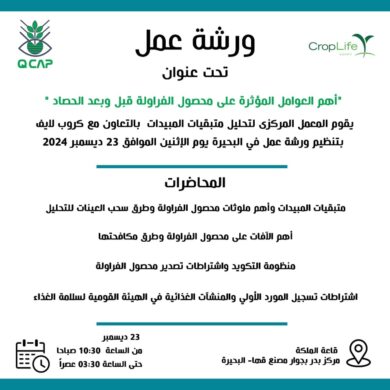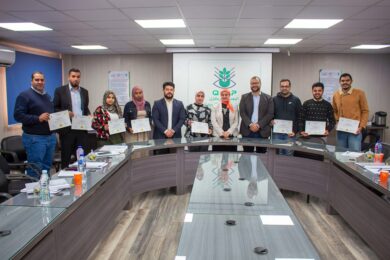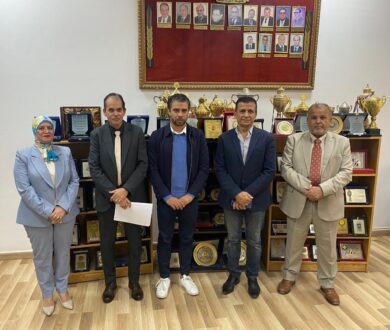The Central Pesticide Residues Train continues its journey and stops at one of its regional stations on the way to its achievements
A delegation from COMESA visits the Central to evaluate it as a reference laboratory for the organization in the field of food safety
(Q-CAP) continues to achieve achievements one after another under the umbrella of the Agricultural Research Center
========================
Within the framework of the directives of His Excellency Mr. Alaa El-Din Farouk, Minister of Agriculture and Land Reclamation, and the efforts of the Ministry of Agriculture and the Agricultural Research Center to support Egyptian exports as well as protect the Egyptian consumer through the laboratory’s participation in the food control system by analyzing pollutants, and since the Central Laboratory for the Analysis of Pesticide Residues and Heavy Elements in Food (Q-CAP) is one of the most important of these entities and is considered to have a great international and global position, as it is considered one of the largest laboratories in the world in its field, according to the European Union’s classification of it within the first distinguished category since 2008 until now, and it is also considered the first laboratory in the Middle East to provide these services in an integrated manner.
Prof. Dr. Adel Abdel Azim, Head of the Agricultural Research Center, stated that the Central Laboratory for Analysis of Pesticide Residues and Heavy Elements in Food (Q-CAP) received a delegation from the COMESA organization to visit the laboratory to follow up on the review work of the laboratory departments to be accredited as a reference laboratory for the COMESA organization in the field of pesticide residues and heavy elements in food in the field of food safety. This visit comes within a number of evaluation visits by the COMESA organization to a group of laboratories of the Ministry of Agriculture and Land Reclamation in various specializations in preparation for their accreditation as reference laboratories for the organization. In the same context, Prof. Dr. Hind Abdel-Latif, Director of the Laboratory, stated that this visit is the result of years of efforts made by the Coordinating Committee for Health and Plant Health headed by Prof. Dr. Ali Suleiman, Chairman of the Committee, during several COMESA sessions during which the technical file of the laboratory and other laboratories was submitted to the organization through the Coordinating Committee for Health and Plant Health two years ago, as a result of which the organization responded in turn to Egypt’s request to review five laboratories affiliated with the Agricultural Research Center at the Ministry of Agriculture and Land Reclamation in preparation for their accreditation as reference laboratories for the organization in various specializations. The visit of the Central Agency for Pesticide Residues was from the delegation representing COMESA to select it as a reference laboratory in the field of food safety. Abdullah received the delegation consisting of three experts accompanied by Prof. Dr. Ali Suleiman, Chairman of the Coordinating Committee for Health and Plant Health, Dr. Amani Al-Hafni, representative of the Committee’s Secretariat, in the presence of Prof. Dr. Mona Khorshid, Deputy Director of the Laboratory, and the heads of the working groups. Abdullah accompanied the experts to inspect the various departments of the laboratory, where they examined and audited the quality system, analysis methods, and the efficiency of the laboratory workers. They praised the laboratory for what they saw of modern technology devices, highly qualified researchers, and various specializations in the field of food safety, making the laboratory a house of expertise that provides integrated services in the field of food safety. Abdellah stressed that the laboratory’s continued efforts to achieve many accomplishments in its field of work will contribute to opening and increasing our exports to African countries of fresh and processed agricultural exports. She added that the laboratory continues its efforts and persistent steps to provide its services with the highest quality by obtaining accreditations in various specifications that give it great weight and increase the confidence of its customers and the confidence of international markets in its results. It is worth noting that the laboratory contributes to achieving a production system for the purpose of export and promoting this production in foreign markets, to increase the market share of Egyptian agricultural exports in those markets, and to achieve development goals through the analytical, training and advisory services it provides, as well as contracts, cooperation protocols, workshops and participation in conferences for workers in the field of food production, export and manufacturing, which supports the national economy. It is worth mentioning that COMESA has 22 member states, a population of over 583 million people, a gross domestic product of US$805 billion, and global trade in goods exports and imports is estimated at US$324 billion, making COMESA a major market for domestic and foreign trade. Geographically, COMESA covers about two-thirds of the African continent, covering an area of 12 million square kilometers.
